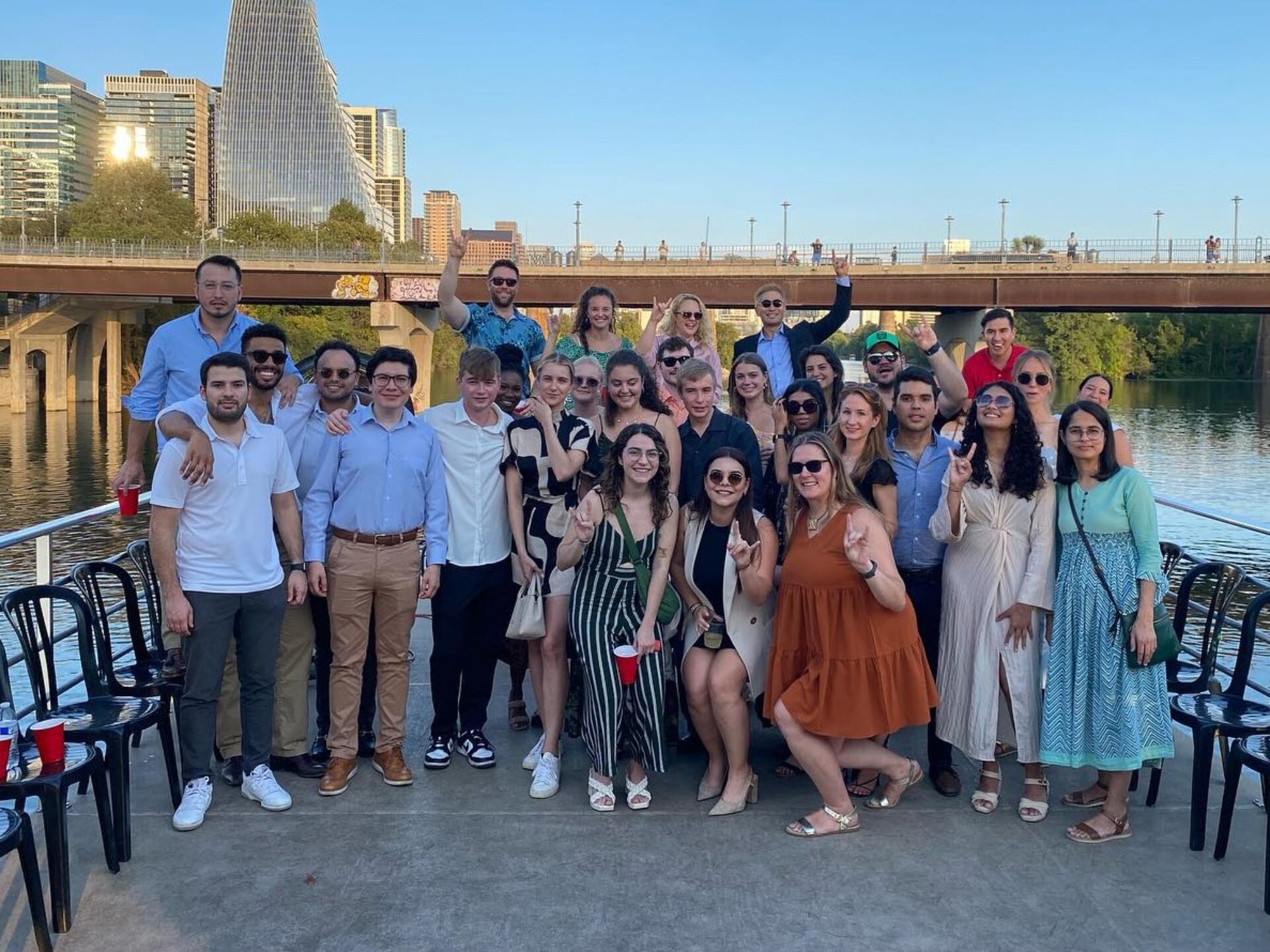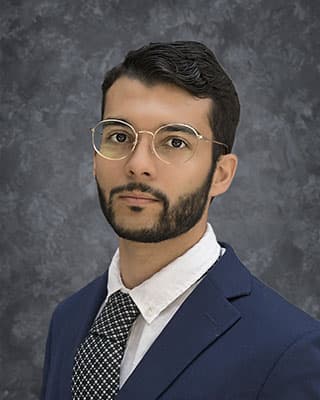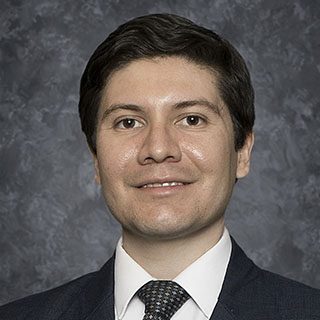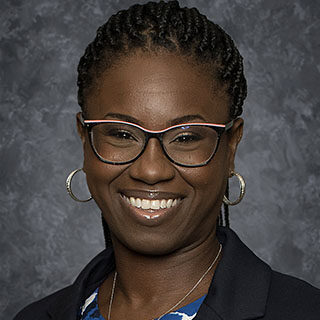Italy, Thailand, Sweden, India, Colombia, Switzerland, Mexico, Japan.
Stops on a concert tour? No, just a sampling of countries represented by Texas Law students.

International students take many paths and bring many backgrounds to Texas Law. They include Juris Doctor (J.D.) students, exchange students spending a semester in Austin, and practicing attorneys seeking a Master of Laws (LL.M.) degree. All find a welcoming environment, unique offerings, and sense of inclusion.
In turn, international students’ life experience and professional backgrounds enrich the education of their classmates.
“Everything in the legal world is interconnected,” says Carly Toepke, assistant director of Graduate and International Programs for Texas Law. “We create a culture that encourages students to embrace that international scope so they can effectively navigate a global society throughout their legal careers.”
Welcomed to Texas
Ask international students why they come to Texas Law, and a common theme emerges.
“They always say that they feel welcomed from the moment they are admitted to the time they enroll,” says Assistant Dean of Admissions and Financial Aid Mathiew Le.

Luca Azzariti Crousillat ’25—who was born in Peru and attended college in Italy—is one of 38 international students from 11 countries currently pursuing a J.D. “Moving from another continent is daunting, but the people I have met make me feel very welcome,” he says, noting the school’s “very collegial culture. Every professor is remarkably accessible, willing to share their valuable experiences and insight.” Following graduation, he’d love to stay in Texas, but is open to international work in the long run.
After admission, each J.D. student from abroad is paired with a current international upper-class student who can offer support and address questions or concerns.
Master of Laws
The LL.M. program enables attorneys to spend a year focused on one of seven concentration areas: business law; cybersecurity; global energy, international arbitration and environmental law; human rights and comparative constitutional law; independent study, Latin American and international law; or U.S. law for foreign lawyers.
Currently, 20 students from 12 countries are enrolled, offering a relatively “boutique” program compared to many U.S. law schools. Foreign LL.M. students take an introductory course to gain a basic understanding of the U.S. legal system.

Herbert Giron Lemus ’24 came from Guatemala with a law degree, a master’s in tax law, and a doctorate in constitutional law. His professional experience was equally impressive: a public defender in the Guatemalan Public Defense Department, criminal defense attorney in his own practice, and work at two Guatemalan law schools, including as an assistant professor. He’s also a Fulbright scholar.
“What I most enjoy about Texas Law is how diverse the faculty and students are,” says Lemus. “It really feels like a global environment.” After graduating and taking the Texas Bar exam, Lemus plans to return to Guatemala, where he’ll advise Texas clients who want to invest in that nation and vice versa.
Krystal Delaney ’24 attended law school in the United Kingdom and worked as a prosecutor in her native Barbados when she was awarded a Fulbright scholarship. Delaney applied for the LL.M. program based on Texas Law’s reputation.
Delaney says professors are approachable and accommodating. She also applauds the staff in the Graduate and International Programs office, who are always available to answer questions and provide advice (and snacks).

“They are the best,” she says. Delaney says, noting their small gestures that go beyond what’s required make her “feel most welcomed.”
On study leave from her work in Barbados, Delaney plans to return to her role as a prosecutor there after graduation. Her longer-term goal—and motivation for furthering her studies—is to become a judge on the Caribbean Court of Justice.
“In the interim, I would love to be a prosecutor at the International Criminal Court,” she says, based on her enthusiasm for classes in International Law and International Criminal Law. “That would perfectly align with those interests and, of course, my background as a prosecutor.”
The Graduate and International Programs Office is a destination for international students to seek assistance with financial aid, student affairs and academic advising, whatever their goals. “We are really proud we can create that single stop for them,” Toepke says.
International LL.M. students become a tight cohort who participate in monthly social events alongside exchange students. They also connect with alumni mentors on campus or via Zoom meetings to discuss career trajectories and opportunities.
Reciprocal Benefits
Meanwhile, their classmates from the United States gain a global perspective and establish a foundation for worldwide professional connections as a result of their international presence.
“International students contribute to the learning environment by sharing their experiences and perspectives that, in turn, help all of our students gain a better understanding of cultural differences, international issues, and foreign affairs,” says Le. That exposure creates better lawyers.
Leslie Villacorta ’25 from Cypress, Texas, met Azzariti Crousillat on the board of the Chicano/Hispanic/Latino Law Students’ Association and Lemus in their International Law class.
“Working with Luca and Herbert has helped add a different dimension to the ‘legal lens’ that we are taught to develop in law school,” Villacorta says.
Meanwhile, Delaney’s experience as a prosecutor in Barbados enabled her to help coach classmates’ criminal trial competition team.
Toepke says students gain enhanced learning and communication skills by working alongside classmates who bring global perspectives. “It can change how they think about the law,” she says.
After Texas, the World
Following graduation, many international students return home to build a career applying their newly acquired expertise, including some whose LL.M. participation was sponsored by employers. Others stay in the U.S. for a year after graduation on a work visa, then take steps to remain afterward, while others settle in a country other than the U.S. or their homeland.
Merel Pontier ’19 is co-founder of the Clinton Young Foundation, which helps those wrongfully convicted of capital murder in Texas. She grew up in the Netherlands, earned a law degree, and worked for both local and U.S. law firms before entering the LL.M. program. While studying at Texas Law, Pontier published research in the Texas Journal on Civil Liberties and Civil Rights (and was cited in a Reuters story), which she credits for opening many doors.
Her international perspective and knowledge of European and Dutch law was of interest to classmates, some of whom saw their views on human rights change as a result of working with her, Pontier says. In turn, she said, she learned from her fellow students about the development of the laws on human rights in their countries. “My experience at Texas Law didn’t just help my career,” she says. “It started my career.”
